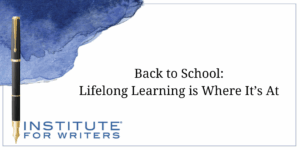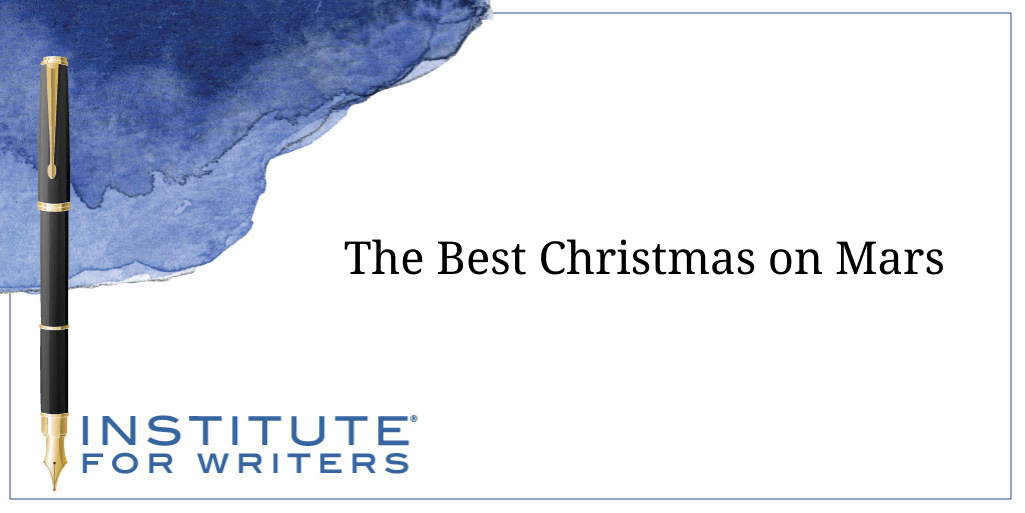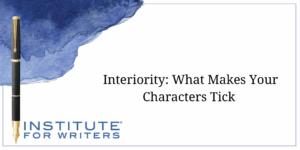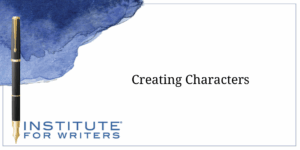
Back to School: Lifelong Learning is Where It’s At
Opportunities for lifelong learning about writing are abundant and during this back-to-school season it is easy to get inspired.

We teach our students how to write and get published!
View our Course Catalog >
Writing contests come in every genre and length known to literature and cover just about every aspect of writing you can think of, novels, short stories, novellas, flash fiction, essays, creative nonfiction, you name it. The topics are endless. If you can write it, you can likely find a contest for it.
I’ll spare you my Carl Sagan billions and billions of contests joke, but I could easily fill two pages with science fiction contest listings. Do a Google search and you’ll see what I mean.
The most common theme in writing contests is “best”. Best first chapter, best ending, best scene of a certain type, best short story under ten thousand words. Stick best in front of it, and you’ve got yourself a contest.
Holiday contests are popular in all genres. I’ve yet to see a science fiction contest titled “Best Christmas on Mars”—the title I chose to snag your attention—but I’d love to judge it. And yes, I’d bet there’s a Best Title of Anything Ever contest out there somewhere.
I’m not making fun of contests. I entered the Romance Writers of America’s RITA contest three times. My books didn’t win, but all three made the finals. Published authors enter contests to raise their profile with publishers and readers, and hopefully increase their book sales.
If you’re thinking of entering a contest, let’s use the 5 W’s—Who, What, Where, When and Why—to discuss the pros and cons, and decide if this is a step you’re ready to take. Let’s start with—
The last one is the most valuable. Win or lose, receiving opinions on your writing from someone who doesn’t know you from the person standing next to them in the checkout line at the grocery story can be helpful.
If a magazine editor judges the final round and you win or place in the top five, your story or article will likely be published. That is the ultimate, pinch-me-I’m-dreaming outcome. A published contest win will look fabulous, darling, just fabulous, on your resume!
The second-best outcome is being judged by a published author, a writer who has been where you are presently in your career. Feedback from an author can help you break through and make your first sale. If your entry is extra impressive, the author might put in a word for you with their editor or agent.
Most contests give feedback on winning entries only, usually the top three. Some award honorable mentions, and sometimes offer feedback on those. If you don’t win, place, or show does that mean you wasted your time and your entry fee? No. Read the winning entries, and the judges’ critiques if they’re available. Then read your entry. Feedback given to someone else can sometimes be enlightening and helpful to your writing.
Follow that thread to the next W—
A magazine, a writer’s organization, an educational institution, or a publishing house? The last one is as rare as hen’s teeth these days. If you run across one, suspect a vanity press trying to drum up clients. The go-to place to verify the legitimacy of a contest—or of publishers, editors, and agents—is Writer Beware, a website maintained by Science Fiction Writers of America. It’s one of the best resources for writers on the Internet.
You’re most likely to find magazine editors judging magazine contests. Book editors might judge for a magazine, but they’re more likely to judge the final round of a writer’s organization contest. So are agents. Published authors judge both. The sponsor and the judges should be the first things you consider when you’re selecting a contest.
Some writer’s organizations may ask rank and file members to judge the first round. You want feedback, so don’t be put off by this. These are serious readers devoted to the genre you want to write. Judges of reputable contests are given guidelines, and many are required to attend a judging workshop.
Under educational institutions, look for creative writing contests sponsored by English departments. Many publish annual or quarterly literary journals. A lot of editors subscribe to their alma mater’s publication, so this can be a way to get your writing noticed. Community contests and high schools participate in contests that are usually sponsored by the city, county or state. If you’re a student reading this, check it out. I won two state awards in high school, a first place and a third. No plaque or certificate, and no cash, but the wins did give my self-confidence a boost.
And I’m happy to tell you, IFW and ICL offer several contests each year. I’m an IFW instructor, and I’ve judged three contests, so I can vouch for the impeccable reputation of both schools and their contest process. Cash prizes are awarded for the top five entries, and the winners are revealed during an online webinar with the IFW or ICL instructor who judged the contest. The webinar is free to all contest entrants. Themes and dates are announced on the website under the Community tab on the homepage, also in the IFW and ICL newsletters, which are chock full of excellent information, so I encourage you to subscribe.
A good contest judge will criticize, but the criticism will be constructive and aimed at helping you improve your writing. Believe me, you’ll be able to tell a good judge from a not-so-good judge. And there’s this—writing isn’t for sissies. You need skin like an armadillo, not an onion.
A critique group can prepare you for entering contests. Critique groups are free, and unlike a contest, they aren’t one and done. Plus, you won’t wait weeks or months for feedback. If you connect with amiable and knowledgeable fellow writers, you’ll have ongoing support and input.
If you belong to a national writer’s organization, look for members in your area and contact them. Ask at your library. Check the community events column in the local paper, read public bulletin boards. Look on the Internet. Start your own group by reaching out in the ways I suggested you find one.
Is a critique group a prerequisite for entering contests? No. But a good one will accustom you to receiving and giving constructive feedback, help you build confidence in your writing and help you recognize—
There are several good articles about contests and critiquing on the IFW Writing Contest page. Give them a read. Our Science Fiction First Pages contest is now open! Click here for all the entry details.
Because I will be your enthusiastic and constructive judge.
P.S. Keep in mind I’d really like to read a story titled “The Best Christmas on Mars.”
Lynne Smith, aka Lynn Michaels, is the author of two novellas and sixteen novels, three of which were nominated for the Romance Writers of America’s RITA award, the Oscar of romance writing. She won two awards from Romantic Times Magazine, for best romantic suspense and best contemporary romance. Her only complaint about writing is that it really cuts into her reading time. She lives in Missouri with her husband, two sons, three grandsons, and one granddaughter, born on Lynne’s birthday. Lynne is also an IFW instructor. She teaches Breaking into Print and Shape, Write and Sell Your Novel.

Opportunities for lifelong learning about writing are abundant and during this back-to-school season it is easy to get inspired.

As you seek to create characters, you will also want to work to strengthen the interiority of those you are writing about.

Character development is an interesting part of writing but may be among the most time consuming and significant in your story.
1000 N. West Street #1200, Wilmington, DE 19801
© 2024 Direct Learning Systems, Inc. All rights reserved.
1000 N. West Street #1200, Wilmington, DE 19801
© 2024 Direct Learning Systems, Inc. All rights reserved.
1000 N. West Street #1200, Wilmington, DE 19801
© 2024 Direct Learning Systems, Inc. All rights reserved.
1000 N. West Street #1200, Wilmington, DE 19801
© 2025 Writewell, LLC. All rights reserved.
1000 N. West Street #1200, Wilmington, DE 19801
©2025 Writewell, LLC. All rights reserved. Privacy Policy.